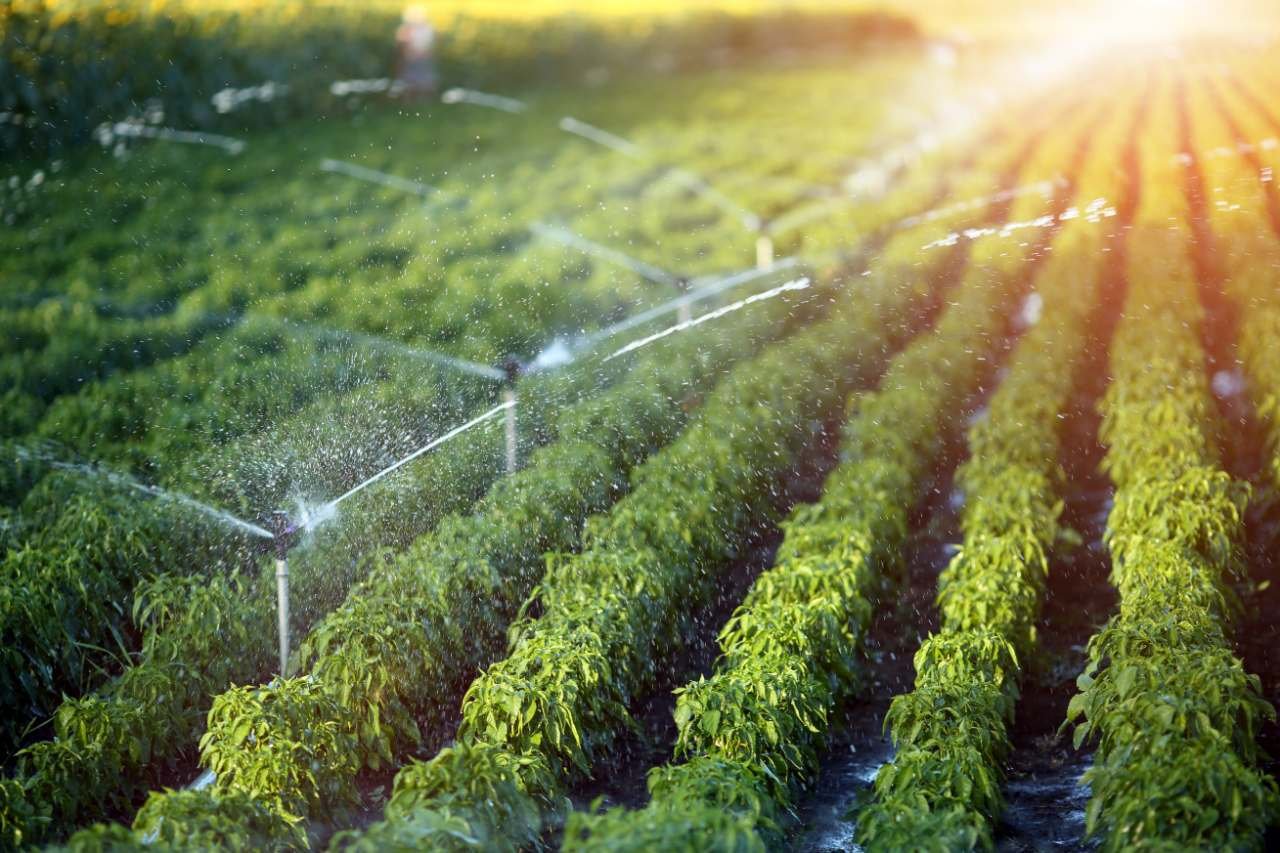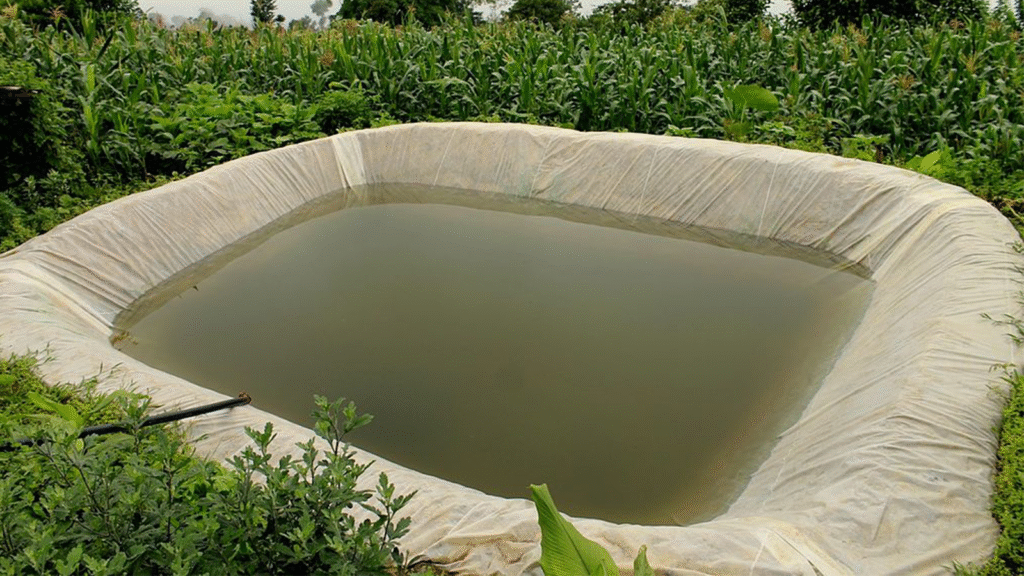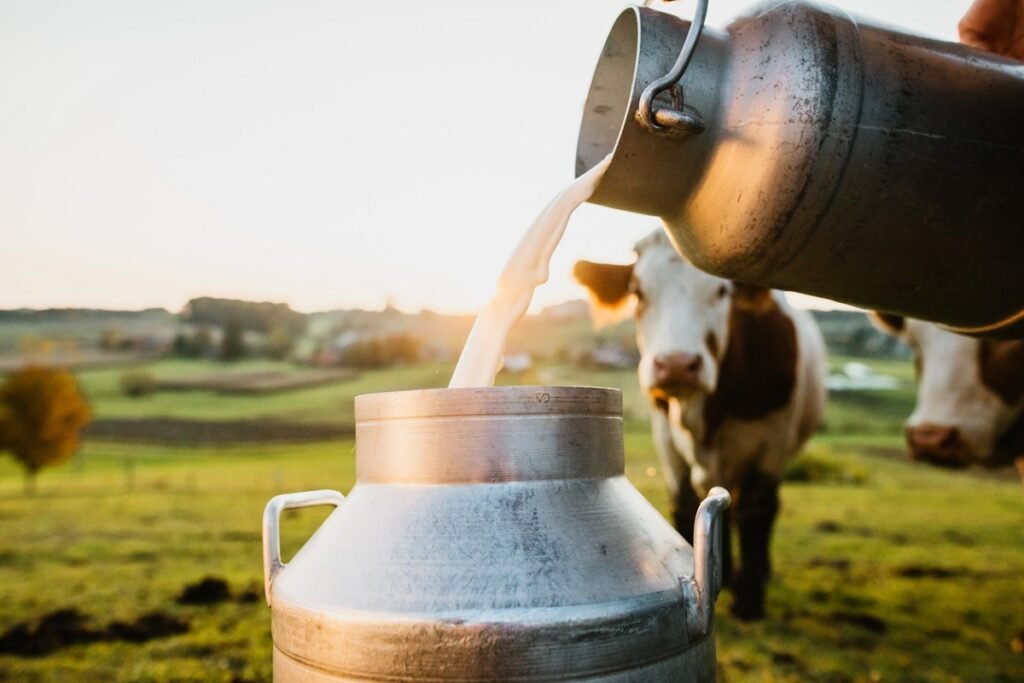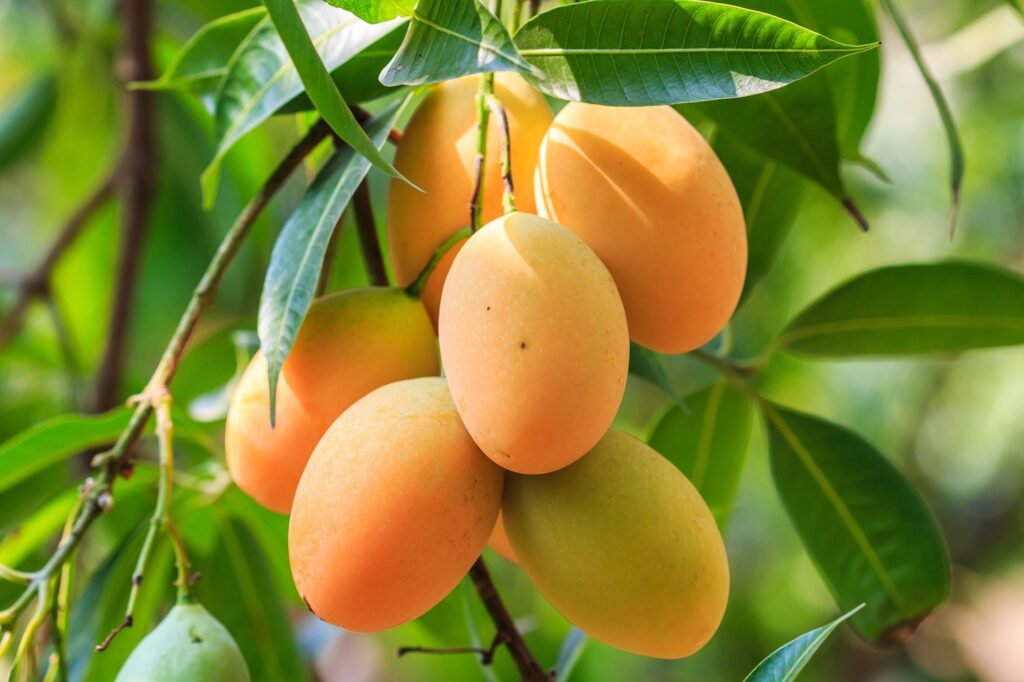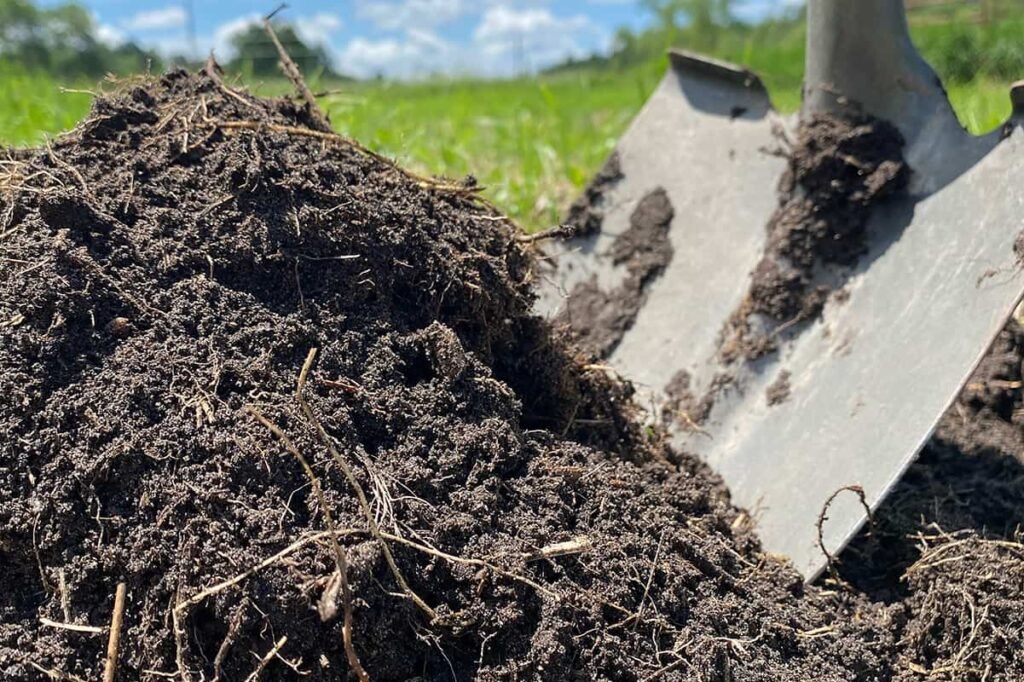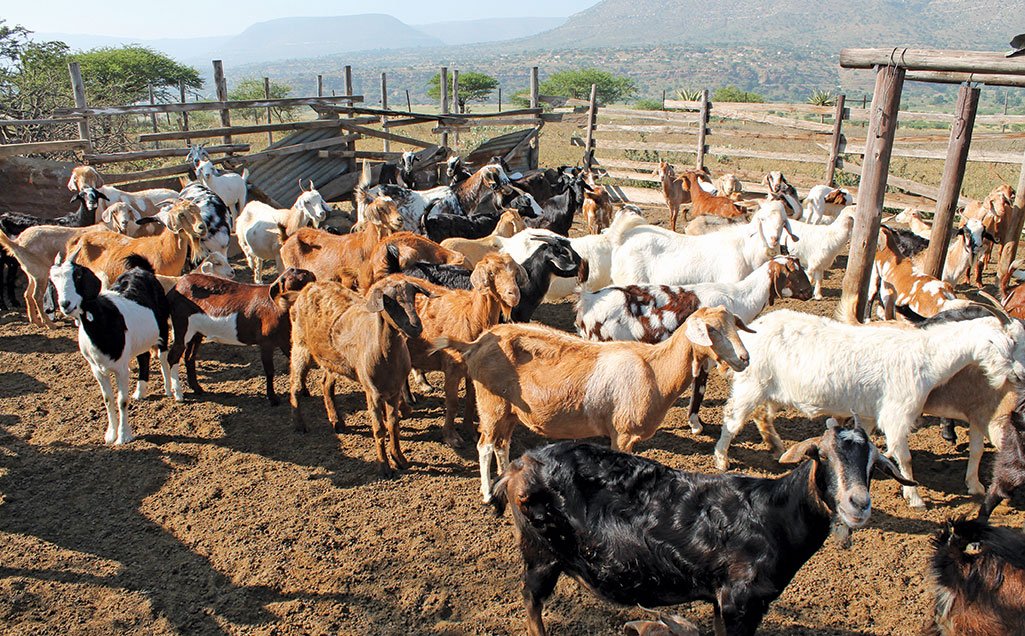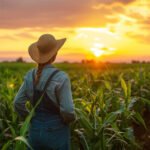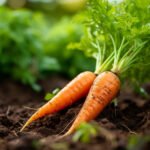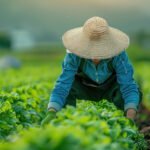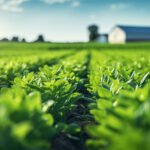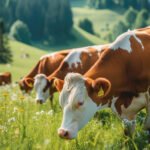Completion Date :
June 30, 2025
Clients :
Restaurants, Hotels, General Public
Location :
Jinja, Namulesa (Uganda)
Category :
Urban Oyester Farming
Water Harvesting at Ibanda Farm
Water is the heartbeat of agriculture — and at Ibanda Farm, we understand its value more than ever. Nestled in Namulesa Village, just off Kamuli Road near Busoga Growers, our farm sits in a region that experiences alternating wet and dry seasons. While rainfall is generous at times, it’s increasingly unpredictable due to climate change. That’s why we’ve embraced water harvesting as a central practice — to secure our farming future, protect natural resources, and empower the next generation of farmers.
We don’t just collect rainwater — we manage it wisely, turning each drop into growth, resilience, and opportunity.
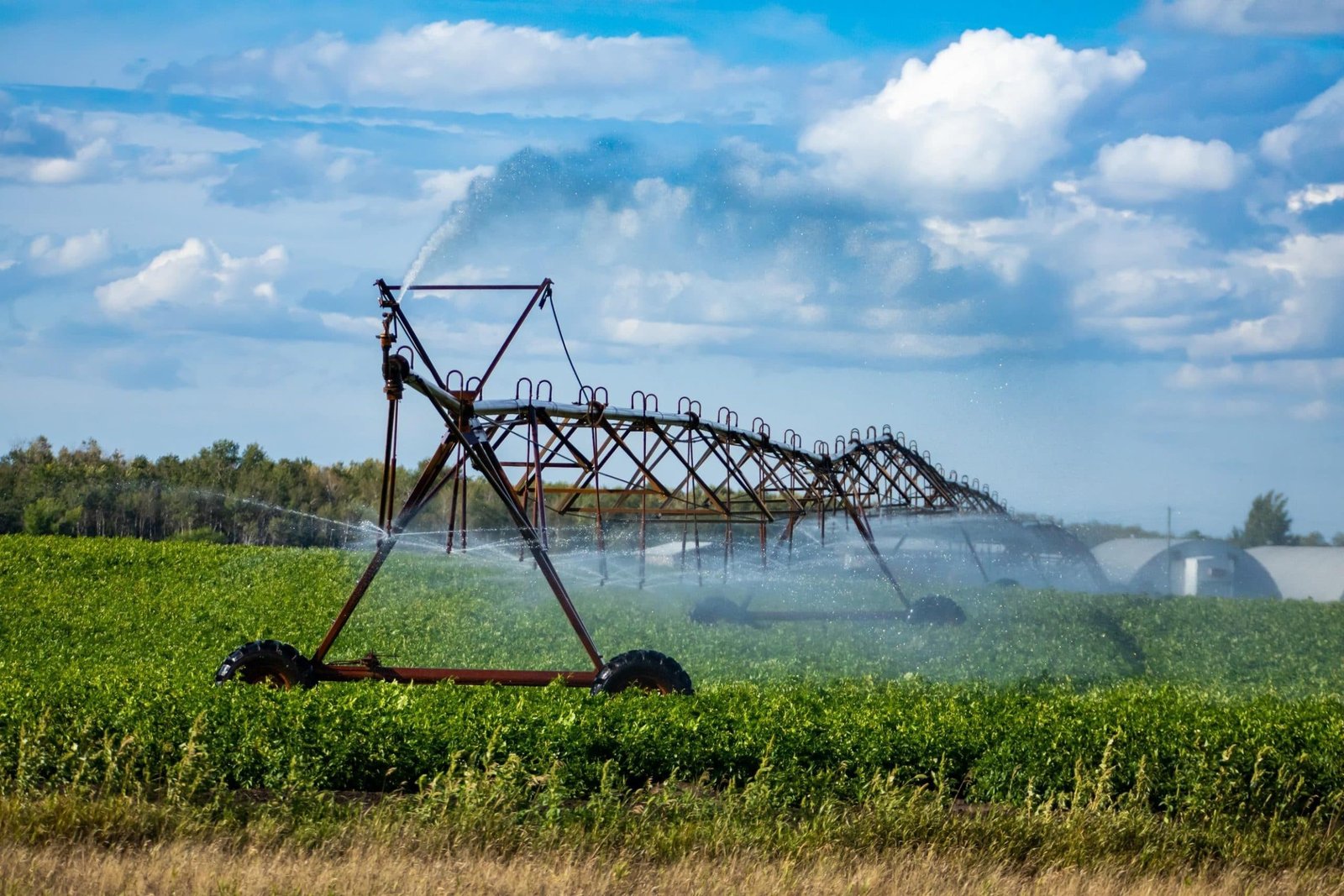
Why Water Harvesting is Essential
Rain-fed agriculture, while traditional, is no longer dependable in the face of climate change and shifting weather patterns. Droughts, long dry spells, and uneven rainfall threaten yields, increase risk, and limit the types of crops that can be grown.
With irrigation in place, Ibanda Farm has been able to:
🚰 Maintain food production even during dry seasons
🌱 Grow high-value crops like vegetables, fruits, and herbs that need consistent watering
🧑🏾🌾 Train neighboring farmers on water-efficient farming practices
💰 Boost income generation by expanding into off-season markets
🌾 Improve crop quality and reliability across every growing cycle
🛠️ Our Irrigation System – Methods in Use
We’ve implemented a hybrid irrigation model that combines traditional techniques with modern, low-cost innovations:
1. Drip Irrigation
Pipes with emitters deliver water directly to plant roots, minimizing wastage.
Ideal for our vegetable gardens, nursery beds, and fruit seedlings.
Powered by gravity or solar pumps depending on the zone.
Helps us use up to 70% less water compared to open watering methods.
2. Sprinkler Irrigation
Portable sprinklers are used in matooke and maize fields, particularly during planting and flowering stages.
Allows for even distribution of water over a large area.
Easily movable and energy-efficient.
3. Gravity-Fed Irrigation
Water collected in overhead storage tanks or small elevated dams flows downward through pipes or channels to different plots.
Requires no fuel or electricity — just good design and slope use.
Used in livestock fodder plots, legumes, and leafy greens.
4. Manual Irrigation (Backup)
During peak dry periods, farmhands use watering cans and hosepipes for precision watering in smaller areas like herbal beds, new tree seedlings, or transplant trays.
A key part of our youth training programs on irrigation basics.
🌾 Integration with Cropping System
We don’t irrigate blindly. Our system is data-informed and crop-sensitive. Here’s how it integrates with our cropping cycles:
High-demand crops like onions, tomatoes, and cabbages get priority during dry periods.
Low-demand crops like cassava and millet are watered during establishment only.
Rotation and timing are planned to reduce peak water stress across the farm.
Soil moisture is monitored using manual probes and local knowledge.
🌍 Sustainability and Innovation
We aim to keep our irrigation system affordable, replicable, and eco-friendly:
☀️ Solar-powered pumps reduce dependency on fossil fuels
🧠 Smart watering schedules are used to avoid overwatering
🌱 Compost-rich soil improves water retention, reducing frequency
🤝 Local sourcing of pipes, tanks, and fittings supports the community economy
🔧 Training & Outreach
One of our proudest accomplishments is seeing neighboring farmers apply what they learn at Ibanda. We regularly host:
On-farm demonstrations of low-cost irrigation systems
Workshops on drip setup, pipe layout, and efficient watering
Farmer exchange days where people come and learn by doing
Our goal is to promote irrigation as a livelihood enhancer, not just a farm technique.
📈 Plans for Expansion
To meet the growing needs of our farm and surrounding community, Ibanda Farm plans to:
💧 Expand drip lines into the banana and citrus orchards
🔋 Install additional solar-powered booster pumps
🏞️ Build a central reservoir for backup during droughts
🎓 Launch a youth irrigation technician training program in 2026
📊 Pilot sensor-based soil moisture monitoring for optimal water use
💡 A Blueprint for Smart Farming
The irrigation system at Ibanda Farm represents our commitment to climate resilience, innovation, and farmer empowerment. As we continue to evolve and refine our methods, we aim to become a regional model for how farms can harness technology and nature to work in harmony — ensuring that every seed we plant has the water it needs to grow.

